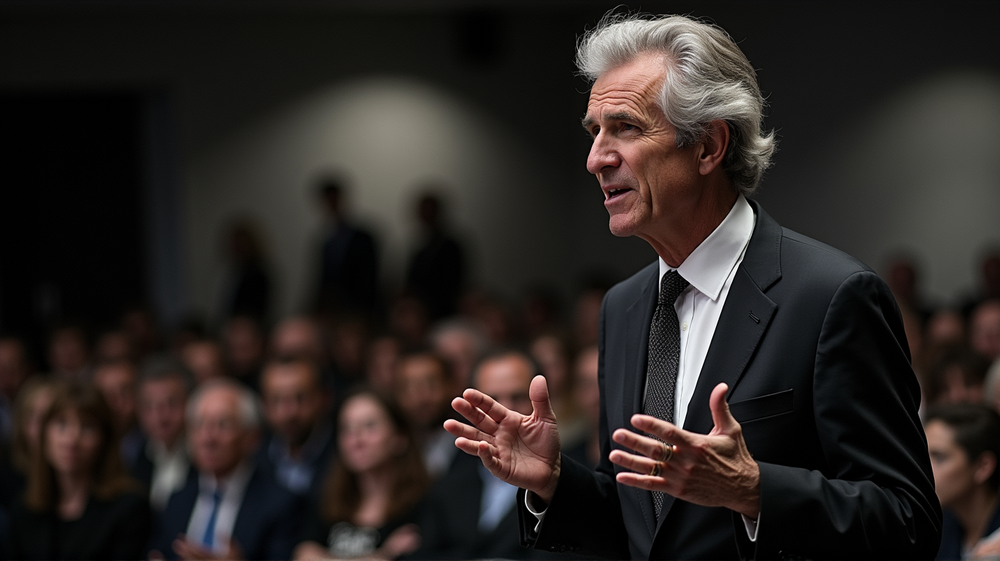A Bold Declaration from RFK Jr
In a surprising turn of events, Robert F Kennedy Jr, the Health and Human Services Secretary, has indicated that new guidelines may soon promote a diet rich in saturated fats. His statement has left health experts baffled and concerned, as it starkly opposes longstanding dietary principles urging the reduction of these fats for better heart health.
A Shift That Challenges Decades of Guidelines
The current norm, entrenched for decades, warns against high saturated fat intake due to its links with elevated cholesterol and heart disease. Cheryl Anderson, of the American Heart Association, calls Kennedy’s potential shift “counterproductive.” Meanwhile, Ronald Krauss, a prominent figure in nutritional studies, recognizes the complexity of saturated fats but emphasizes their neutrality if replaced correctly.
Saturated Fats: The Larger Picture
Kennedy suggests the inclusion of saturated fats from dairy, meat, and vegetables into school meals. However, the logic appears to cherry-pick data while ignoring general scientific consensus, potentially unsettling decades of structured dietary practices.
Understanding the Complexity of Nutrition Science
Unlike nutrients, people consume actual foods, and focusing on these holistic dietary patterns may hold the key to clearer public guidance. Saturated fats present in meats are a particular concern, but is it the saturated fat or other meat properties causing harm? The inconclusiveness of current research complicates this narrative.
Implications on Public Health and Institutions
The broader implications of Kennedy’s guidelines could affect military rations and school programs, raising saturated fats to levels inconsistent with current standards. For both children and military personnel, the adjustment foresees dire impacts on cholesterol levels, subsequently affecting heart disease rates.
A Controversial Decision or A Step Towards Holistic Health?
The debate remains heated as Kennedy’s approach faces skepticism for its seemingly selective evidence interpretation. His proposals may alter the nutritional landscape if executed, prompting both skepticism and reevaluation of some traditional dietary assumptions. The community awaits more concrete and universally accepted evidence to support such an unexpected dietary transition.
As stated in The Guardian, the diet shift prompted by RFK Jr could significantly impact national health guidelines, stirring a public debate as Americans reconsider what truly lies on their plates.













